Uncorking the Past: The Saga of the Beaconsfield Vineyard
Speaker: Mona Andrée Rainville
When: Thursday, February 19, 2026, 19:30 - 21:00
Where: Centennial Hall
288 Beaconsfield Blvd, Beaconsfield H9W 4A4
Lecture in English followed by a bilingual question period
![]() Beaconsfield owes its name to a bold experiment. In the late 19th century, a young Englishman, John Henry Menzies, followed the gentleman-farmer fashion of the day by turning a vast stretch of Pointe-Claire farmland into a vineyard he called the Beaconsfield Vineyard. The venture caused a stir at first, but the land soon proved better suited to leisure than to grapes. Meanwhile, part of the property was subdivided, and by 1880 the small community that emerged there was already calling itself Beaconsfield though it would not be officially incorporated until 1910. The story, however, overlooks a key figure. While Menzies is credited as the vineyard’s founder, the estate actually belonged to his wife, Mary Isabella Scott. She acquired it at the end of a rapid series of land flips and was the one who grasped its true potential. Rather than vines, she envisioned a haven of summer cottages. She had six built and, with remarkable foresight, secured perpetual access to the water for their owners. In doing so, she reshaped the property and set the tone for the community that would become Beaconsfield. This presentation revisits the Beaconsfield Vineyard Saga through the overlooked vision of Mary Isabella Scott.
Beaconsfield owes its name to a bold experiment. In the late 19th century, a young Englishman, John Henry Menzies, followed the gentleman-farmer fashion of the day by turning a vast stretch of Pointe-Claire farmland into a vineyard he called the Beaconsfield Vineyard. The venture caused a stir at first, but the land soon proved better suited to leisure than to grapes. Meanwhile, part of the property was subdivided, and by 1880 the small community that emerged there was already calling itself Beaconsfield though it would not be officially incorporated until 1910. The story, however, overlooks a key figure. While Menzies is credited as the vineyard’s founder, the estate actually belonged to his wife, Mary Isabella Scott. She acquired it at the end of a rapid series of land flips and was the one who grasped its true potential. Rather than vines, she envisioned a haven of summer cottages. She had six built and, with remarkable foresight, secured perpetual access to the water for their owners. In doing so, she reshaped the property and set the tone for the community that would become Beaconsfield. This presentation revisits the Beaconsfield Vineyard Saga through the overlooked vision of Mary Isabella Scott.
Mona An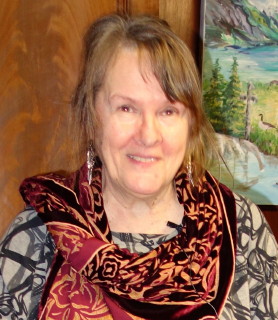 drée Rainville is a public historian, cultural mediator, genealogist, retired lawyer, and journalist. A law graduate of the Université de Montréal with earlier studies in journalism and physics, she brings her meticulous research and storytelling flair to uncovering the extraordinary lives of ordinary people. Recipient of the Percy W. Foy Award from the Société généalogique canadienne-française, she has collaborated with cultural and museum institutions across Canada, France, and the United States. Formerly on the boards of Éditions Histoire Québec and the Fédération Histoire Québec, she now heads the Société d’histoire de Lachine and leads the Facebook group Les 2000 Femmes de la Nouvelle-France.
drée Rainville is a public historian, cultural mediator, genealogist, retired lawyer, and journalist. A law graduate of the Université de Montréal with earlier studies in journalism and physics, she brings her meticulous research and storytelling flair to uncovering the extraordinary lives of ordinary people. Recipient of the Percy W. Foy Award from the Société généalogique canadienne-française, she has collaborated with cultural and museum institutions across Canada, France, and the United States. Formerly on the boards of Éditions Histoire Québec and the Fédération Histoire Québec, she now heads the Société d’histoire de Lachine and leads the Facebook group Les 2000 Femmes de la Nouvelle-France.
====================

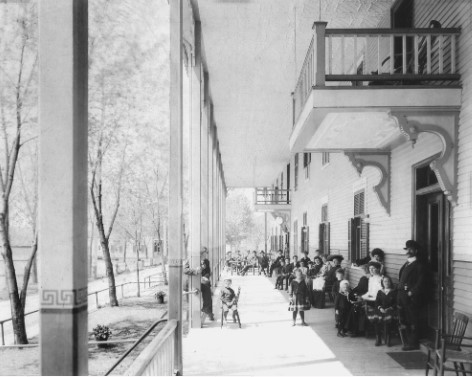 Ryan Young is a Ste-Anne-de-Bellevue City Councillor and a College Professor at JohnAbbott College who has done extensive research about the history of Ste-Anne-de-Bellevue. Every year, he leads a number of historical walking tours in the old village of Ste-Anne-de-Bellevue.
Ryan Young is a Ste-Anne-de-Bellevue City Councillor and a College Professor at JohnAbbott College who has done extensive research about the history of Ste-Anne-de-Bellevue. Every year, he leads a number of historical walking tours in the old village of Ste-Anne-de-Bellevue.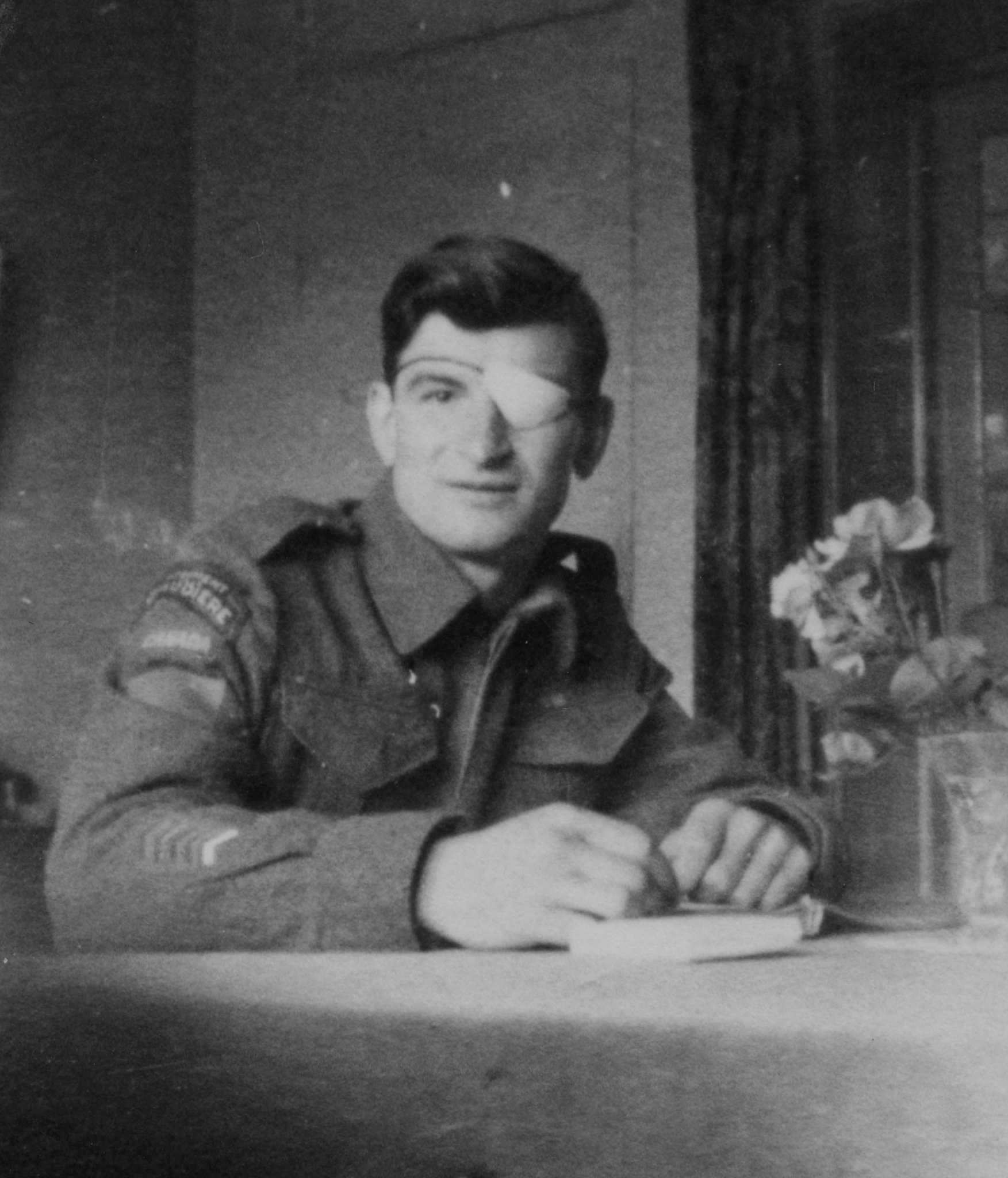
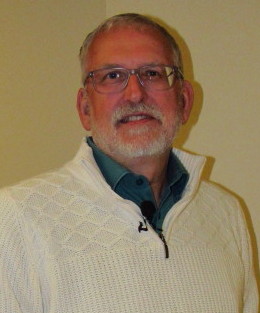 nned the next day by the Allies.
nned the next day by the Allies.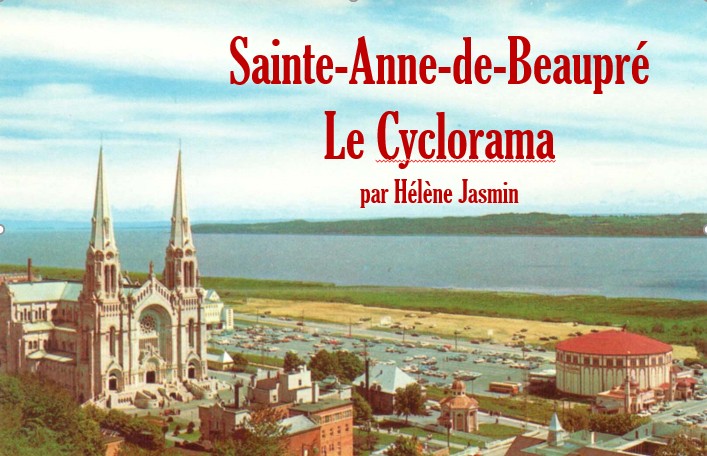 The Jerusalem Cyclorama, a tourist site of invaluable heritage and artistic value, continues to inspire admiration from visitors of all faiths. This cyclorama is the largest in North America, measuring 14 metres high and 110 metres long.
The Jerusalem Cyclorama, a tourist site of invaluable heritage and artistic value, continues to inspire admiration from visitors of all faiths. This cyclorama is the largest in North America, measuring 14 metres high and 110 metres long.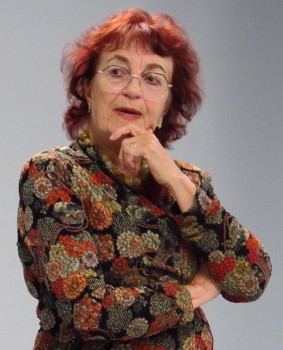
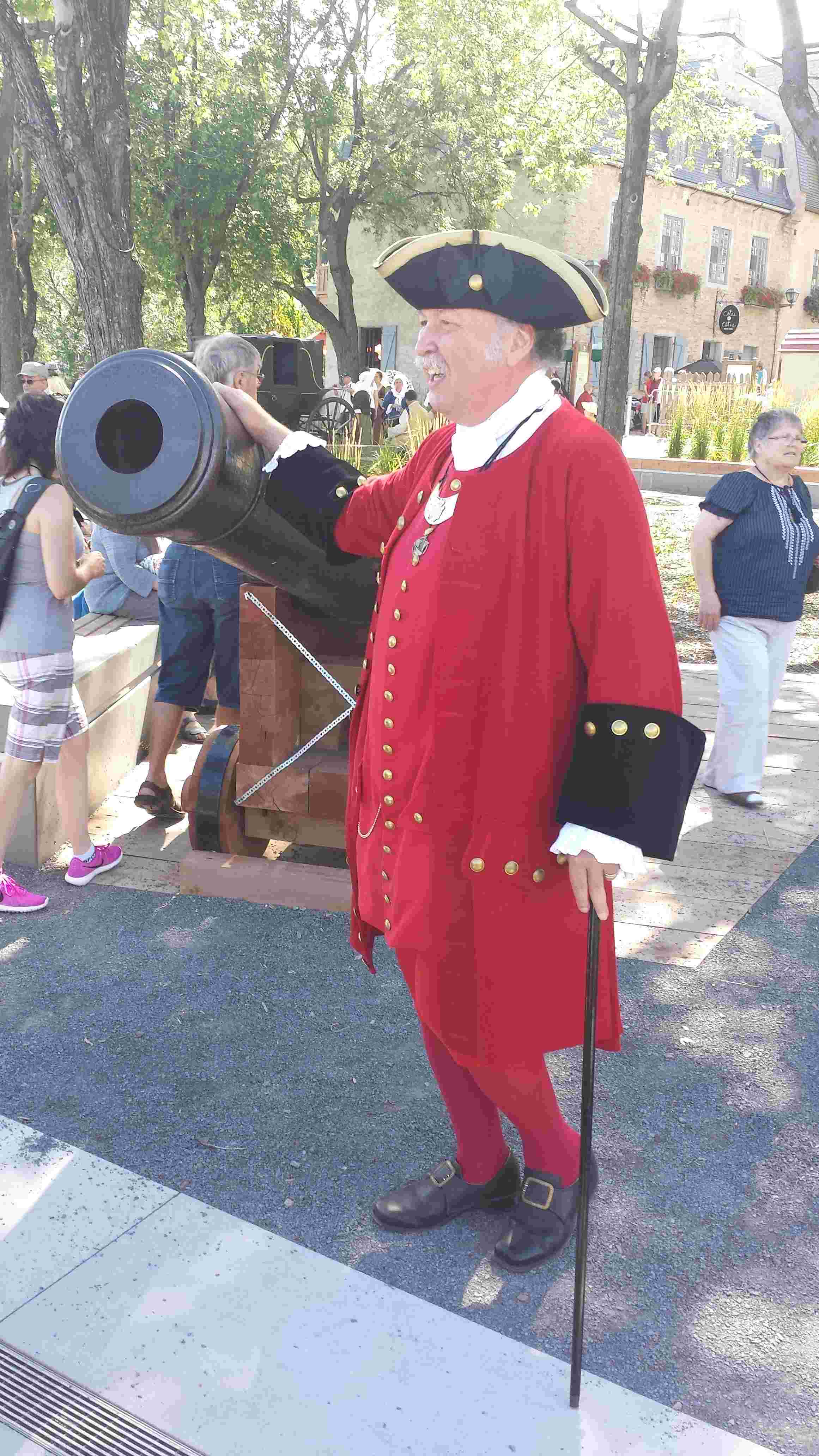
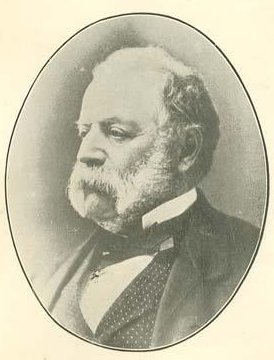 Charles Wilson (1808-1877) was a prominent Montreal businessman and politician, best known as the city’s mayor from 1851 to 1853. In 1852, he became the first mayor directly elected by those eligible to cast their votes. However, Wilson’s political success and popularity were short-lived. Governing Montreal during the 1850s was not an easy task and, in a city marked by intense ethnic and religious strife, Charles Wilson could not avoid becoming a polarizing figure.
Charles Wilson (1808-1877) was a prominent Montreal businessman and politician, best known as the city’s mayor from 1851 to 1853. In 1852, he became the first mayor directly elected by those eligible to cast their votes. However, Wilson’s political success and popularity were short-lived. Governing Montreal during the 1850s was not an easy task and, in a city marked by intense ethnic and religious strife, Charles Wilson could not avoid becoming a polarizing figure. 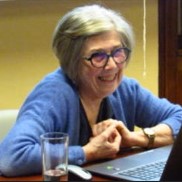
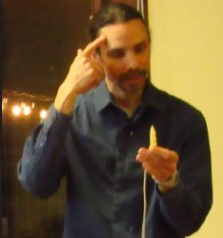

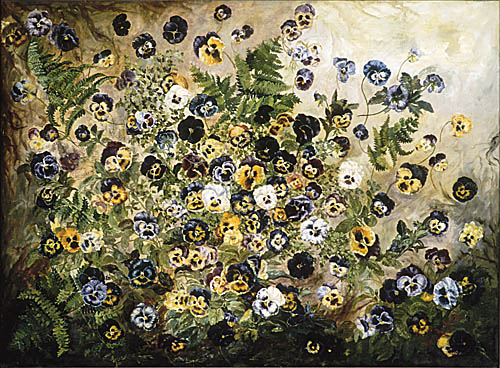 Montreal had very talented women painters in the 1920s, like those associated with the Beaver Hall group. Few people know that there were dozens of women painters in the late 19th century who regularly participated in the annual exhibitions of the Art Association of Montreal. Many of them had works which were included in the exhibitions of the Royal Canadian Academy of Arts. Their work has been mostly lost and there is next to nothing written about them. New research tools in genealogy now enable us to learn more about them, a fascinating discovery. After sharing some rare photos of their works and the artists themselves, Lorne Huston will give an overview of the demographics of their situation and their careers.
Montreal had very talented women painters in the 1920s, like those associated with the Beaver Hall group. Few people know that there were dozens of women painters in the late 19th century who regularly participated in the annual exhibitions of the Art Association of Montreal. Many of them had works which were included in the exhibitions of the Royal Canadian Academy of Arts. Their work has been mostly lost and there is next to nothing written about them. New research tools in genealogy now enable us to learn more about them, a fascinating discovery. After sharing some rare photos of their works and the artists themselves, Lorne Huston will give an overview of the demographics of their situation and their careers.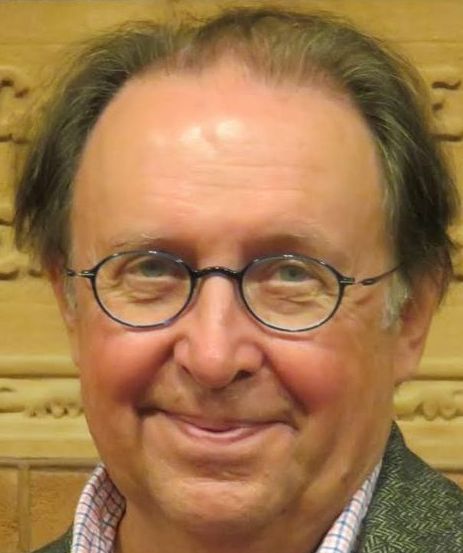 Lorne Huston holds a PhD in history from Concordia University and a Master's degree in Sociology from the Université de Montréal. He has been doing research on the history of the arts sector in English Montreal since he retired from active teaching at Cégep Édouard-Montpetit in 2010. In addition to the book he co-authored with Marie-Thérèse Lefebvre on the Montreal musicologist, George M. Brewer, he has also written articles on the Art Association, and on Samuel Morgan-Powell, art and drama critic at the Montreal Daily Star (1913-1953).
Lorne Huston holds a PhD in history from Concordia University and a Master's degree in Sociology from the Université de Montréal. He has been doing research on the history of the arts sector in English Montreal since he retired from active teaching at Cégep Édouard-Montpetit in 2010. In addition to the book he co-authored with Marie-Thérèse Lefebvre on the Montreal musicologist, George M. Brewer, he has also written articles on the Art Association, and on Samuel Morgan-Powell, art and drama critic at the Montreal Daily Star (1913-1953).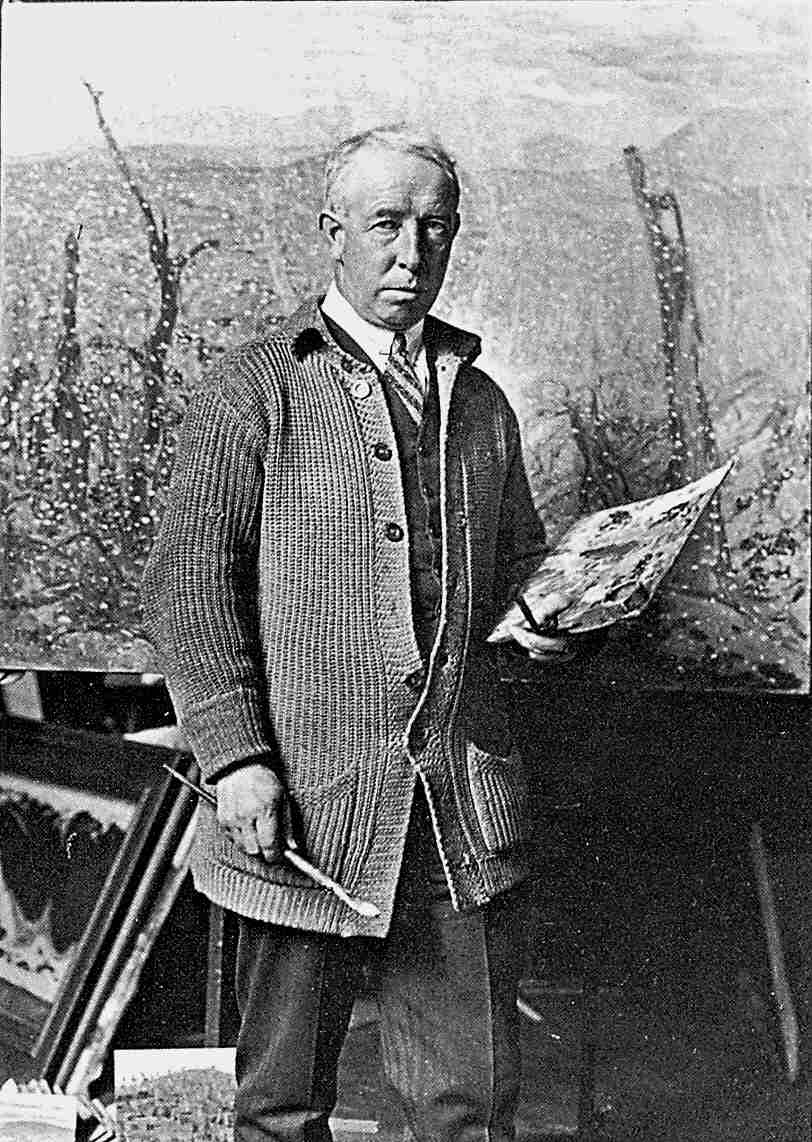 This illustrated presentation follows one of Canada’s most beloved characters, from his impoverished Montreal childhood to national recognition as an outspoken champion of modern Canadian art. Best known as a founding member of the Group of Seven and Beaver Hall Group, A. Y. Jackson spent nearly 70 years travelling across Canada to paint its vastly different landscapes, battling harsh weather and hostile art critics along the way.
This illustrated presentation follows one of Canada’s most beloved characters, from his impoverished Montreal childhood to national recognition as an outspoken champion of modern Canadian art. Best known as a founding member of the Group of Seven and Beaver Hall Group, A. Y. Jackson spent nearly 70 years travelling across Canada to paint its vastly different landscapes, battling harsh weather and hostile art critics along the way.